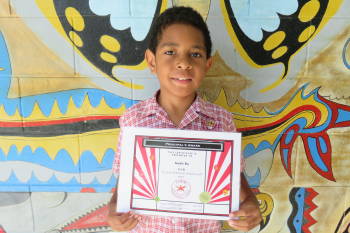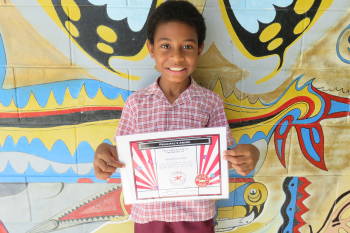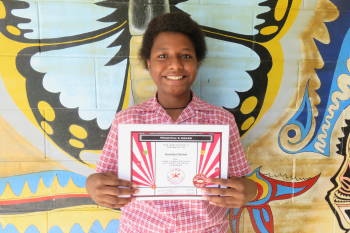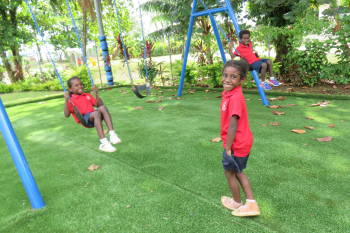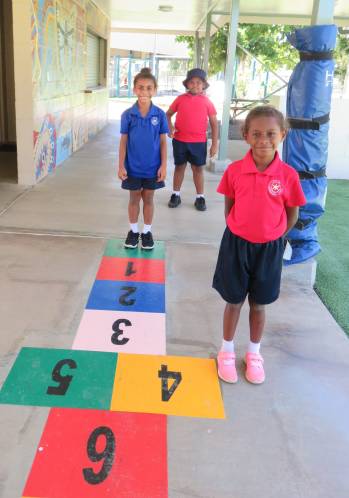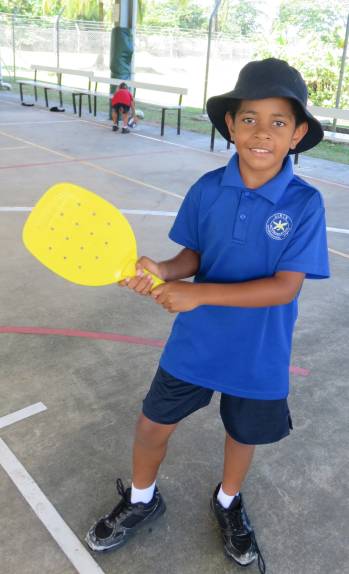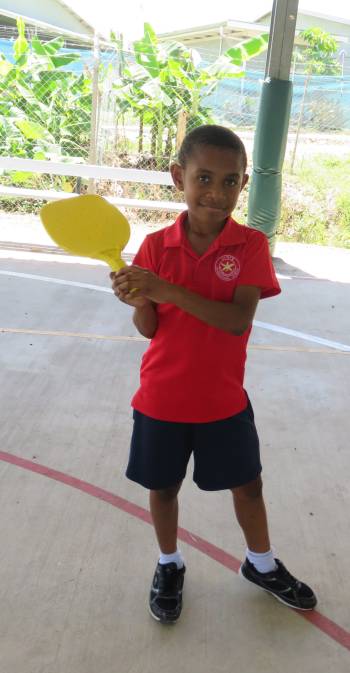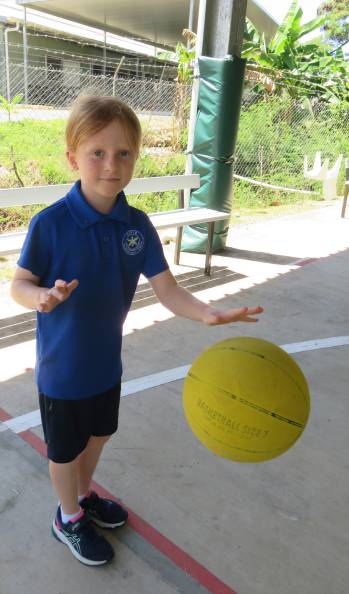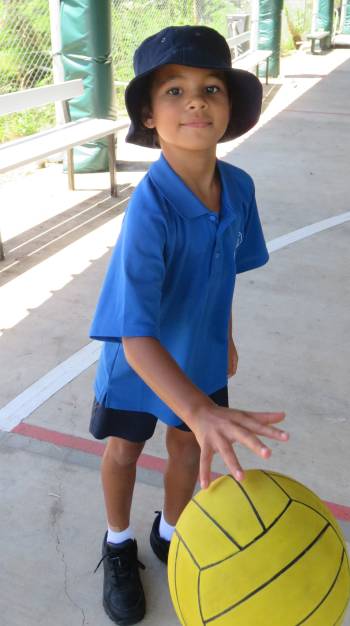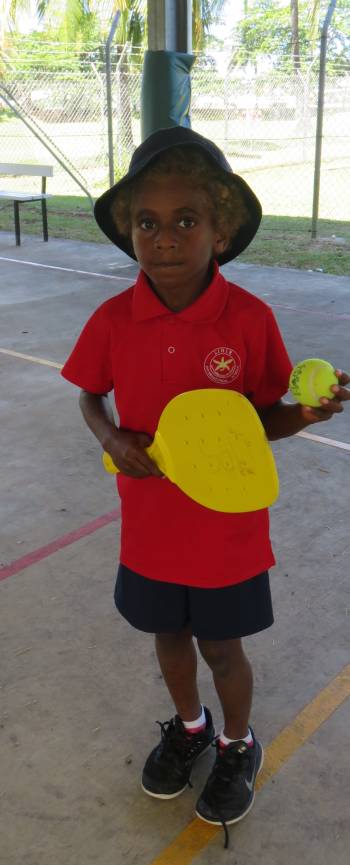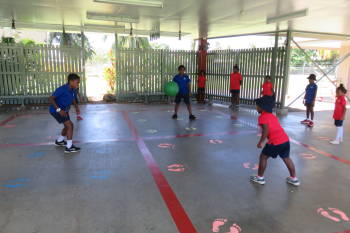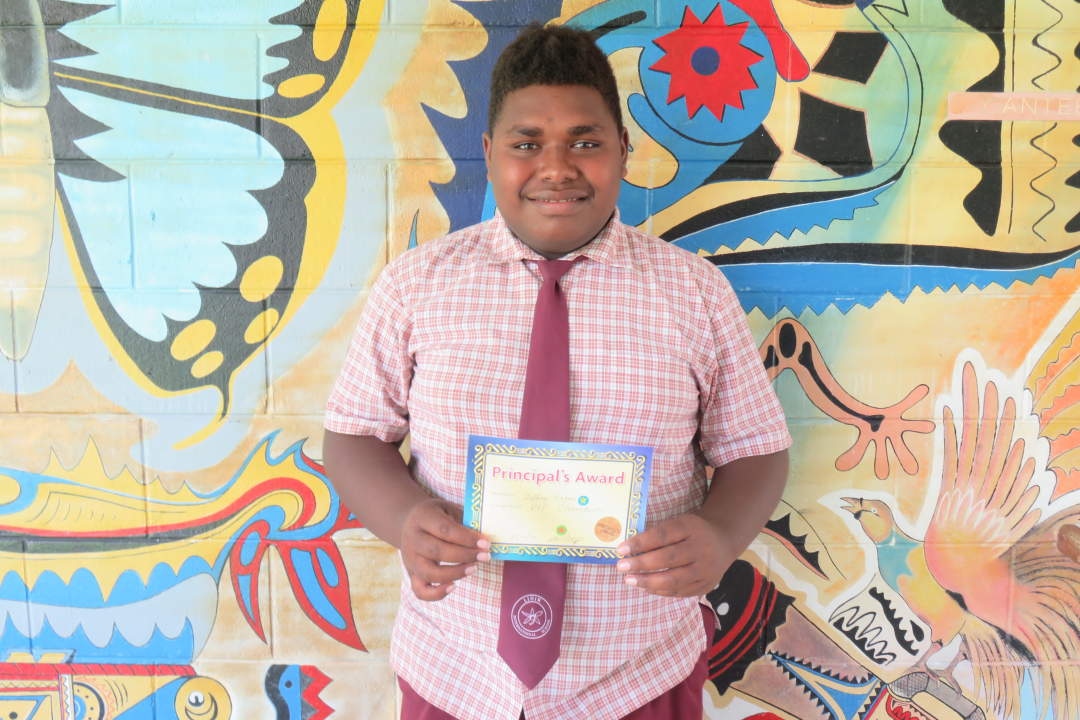With reading being a continued focus this semester, here is a little more information about shared reading and how parents can use shared reading to support student learning. Each week, students are able to borrow library books. Although at times life gets very busy, try to find time to share some reading with your child, besides their ‘homework’ reading.
Through the early primary school years, books such as ‘Fantastic Mr Fox’, ‘The BFG’ and ‘Charlie and the Chocolate Factory’ by Roald Dahl are great family books for shared reading. As your child is older, you might like to read the ‘Harry Potter’ series by J. K. Rowling.
Shared reading is an opportunity to create some treasured memories for you and your child.
What is shared reading?
Shared reading is an important strategy from a very early age and continues to be so as children start to develop independent reading skills. Parents can support their children in a variety of ways, for example by asking questions or by linking the topic of the book to real‑life examples.
Shared reading tips
Tip 1: Ask questions about the book
• Parents can support their child by asking a range of questions about the book they are reading together.
The ‘five Ws’ – who, what, where, when, and why – can provide useful questions for parents.
• Parents should use a mixture of closed questions (which can be answered with a single word) and open questions (which require a fuller response).
• Children might also be asked to summarise what has happened in the book or story so far, and to predict what will happen next.
Tip 2: Link reading to the real world
• By talking about links between the book and real life, parents can make the story more interesting and help children develop their understanding of ideas in the book. For example, while reading about Cinderella going the ball, a parent might discuss the similarities between a ball and a birthday party.
As children get older, it becomes important for parents to listen to their children read. The strategy of ‘pause, prompt, praise’ may help parents when listening to children read: pausing to let them work out words if they get stuck, providing a prompt or ‘clue’ to help (but not giving the answer), and praising them when they concentrate and problem‑solve. Engaging in high quality talk about the story remains important for fostering reading comprehension skills.
https://www.evidenceforlearning.org.
Shared reading does not have to stop when your child starts reading independently – reading and enjoying a novel or informative text together offers an opportunity for continued conversations and shows your child that you value reading. Parents are important role-models and we encourage you to promote a love of reading in your home.
Ms Langusch


